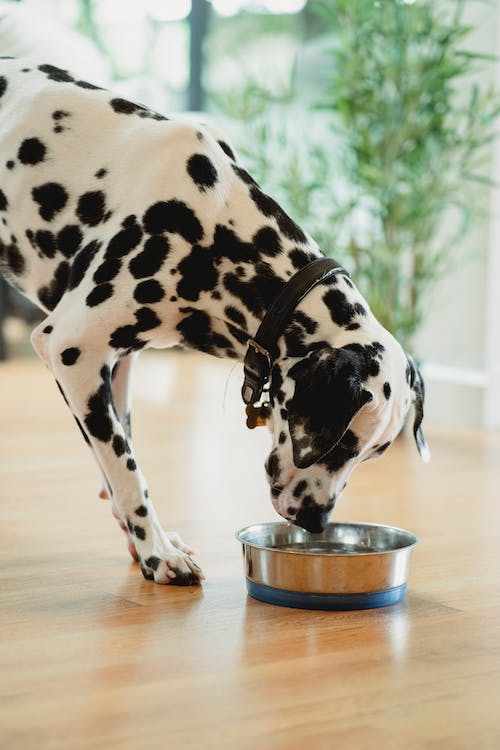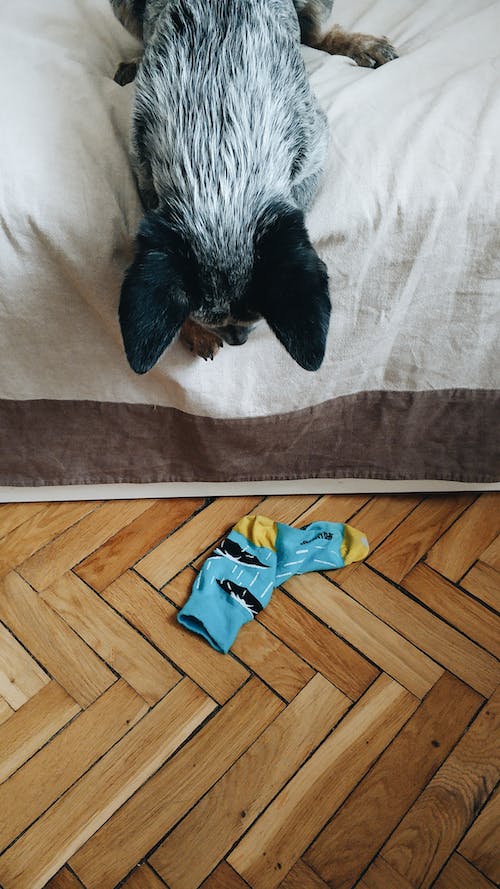How Can We Help?
Constipation in Dogs — What to Do
Constipation occurs in dogs when they are unable to produce normal stool during their daily routine. Your dog will not be able to defecate or greatly strain while trying to do so if constipated. Constipation may also cause their stool to be very hard and not easy to pass. This can be very painful for your dog and is something that needs to be treated as it can lead to other health issues.
Common warning signs of constipation in a dog include decreased appetite, vomiting, lethargy, and general depression or unease. Typically, constipation in dogs takes place when they fail to get enough fiber in their diet or when they eat something non-digestible that causes a blockage. (Socks, toys, furniture stuffing, etc.) It can also happen naturally through age or if your dog is not getting enough exercise. In extreme instances, more serious things such as digestive tract and pelvis region tumors, prostate enlargement, or other spinal or metabolic injuries can cause this condition.

Ways To Treat Dog Constipation
If your pup is dealing with constipation, you can try these food ideas to help them out. Should their symptoms persist, you should contact your veterinarian for guidance. You should also consult your veterinarian before feeding your pup any new food.
- Providing your pup with ample amounts of fresh water will help to make sure they are well hydrated which is the number one key. Water greatly helps to regulate many things inside your dog and is the first step in keeping them healthy.
- Pumpkin puree is a high-fiber food that will help regulate the digestive tract. 100% pumpkin puree is the most effective puree in helping to pass stool. It should be noted that this is not pumpkin pie filling.
- Canned soft and high moisture dog food may better help regulate their digestive system and create softer stool. Consider mixing canned food with their normal food to avoid an upset stomach.
- Dietary fiber supplements will increase fiber entering their bodies, which will help soften their stool and regulate their bowel movements.
- Exercising your dog daily is a great way to stimulate their bowls. Activities such as running, playing fetch, and a game of chase around the yard are great ways to promote a healthy digestive tract.
- Stool softener or laxative. Your veterinarian may recommend giving a laxative or stool softener to your dog which can greatly assist in helping them move their bowels.
In some instances, your veterinarian may administer an enema to relieve your dog’s constipation. An enema is an injection of fluid into the lower bowel via the rectum.

In some instances, if your dog is constipated due to eating a foreign object, medical treatment may be required. Many dog owners will put on a pair of rubber gloves and examine their pup’s stool to see if a foreign object can be detected. If so, you should contact your veterinarian immediately. Common things found in a dog’s stool that should not be there are strings, shoe laces, furniture foam and padding, and cloth, from clothing. These types of things generally do not breakdown inside the dog like food does, and can lead to a medical emergency. They also pose a choking hazard should the dog throw these items up before passing them.
Although constipation does happen in dogs, it is something that needs to treated and monitored. It is always recommended to contact your veterinarian with a medical concern as you would rather be safe than sorry. We all love our pups and making sure they are healthy and happy is our number one priority.
